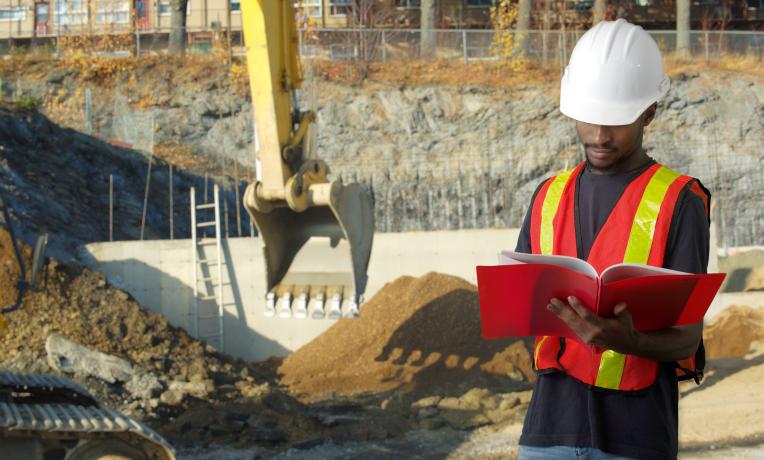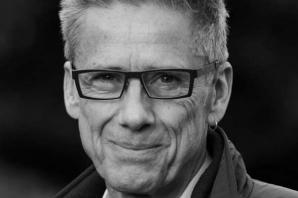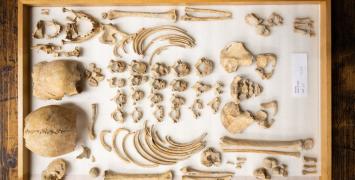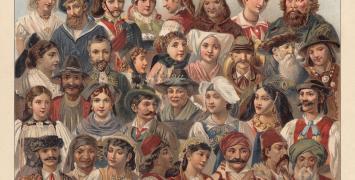New migrants, new workers: how do economies adapt?
The impact of migration on the economies of receiving countries is a fundamental question in economics. According to Prof. Christian Dustmann, current research is coming to different conclusions about the impact immigration has on wages and employment of native workers.

Immigration is not a static process: while many new immigrants return home within a short time, those who remain gradually change the way they interact with the economy of the receiving country. As large groups of migrants enter their labour markets, countries’ economies receive a dynamic shock with effects in the long term on the different actors involved in the process. First of all, on immigrants themselves, who change their position in the initial skill distribution over time as a result of their life-cycle decisions; on firms, who react by adjusting their choices in investment and involvement in institutional and regulatory environment; and finally on local workers, who adapt their plans over education and occupation.
Existing research is fragmented and does not allow to fully highlight the interdependence of the decisions made by immigrants, firms and native workers and to comprehensively uncover the cause-effect relationships.
A major challenge in determining the causal effects immigration has on the various parts of the receiving country’s economy is the construction of a “counterfactual” situation with which the status quo should be compared: i.e. how would the different parts of a country’s economy have evolved had migration not happened. Prof. Dustmann intends to develop new methods that could simultaneously examine the multiple mechanisms of economic adjustment, by combining highly innovative theoretical perspectives with state-of-the-art empirical analyses and by exploiting exceptional data from Germany’s administrative population services, as well as firm and individual surveys.
To investigate how native workers respond to a large and unforeseen labour supply shock, for example, Prof. Dustmann and co-authors have focused on the particular situation induced by the fall of the iron curtain. In its aftermath, the German government allowed workers from the bordering regions of what was then Czechoslovakia to work but not to live in some German frontier districts, and not in others. This unforeseen policy generates comparison regions (i.e. those where commuters were not allowed to work), and creates variation in the exposure to the commuter immigration shock in affected regions, through distance from the border.
With his innovative approach, he has e.g. shown that – while wage effects are modest – employment effects are quite large. Interestingly, these employment effects are not predominantly generated by native workers being displaced from the workforce (i.e. outflows), as commonly believed, but by native workers who would have entered the workforce in the absence of the labour supply shock, not entering (i.e. reduction of inflows). This has important implications for how we should think about adjustments to immigration, and who are the natives who are affected.
Prof. Dustmann and his team have also developed a structural life-cycle model of ‘return migration’, which takes into account the interdependencies of immigrants’ investment in skills, and their return plans and migration durations. This model sheds light on how temporariness of migration interacts with immigrants’ decisions, and the endogenous selection of those who leave the country. The model will allow, for instance, evaluation of policies that grant initially only temporary status, or leave immigrants uncertain about an eventual permanent residence permit. This has important implications for the integration of refugees and migrants.
Christian Dustmann is Professor of Economics at University College London (UCL, United Kingdom) and Director of CReAM, the Centre for Research and Analysis of Migration. He is a leading labour economist, having widely published in the areas of migration, education and labour market. He regularly advises government bodies, international organisations and the media on current policy issues. He is also the president of the European Society of Labour Economists (EALE).
Find more examples of projects in the brochure: Migration and asylum: The contribution of frontier research to the understanding of human mobility across frontiers




